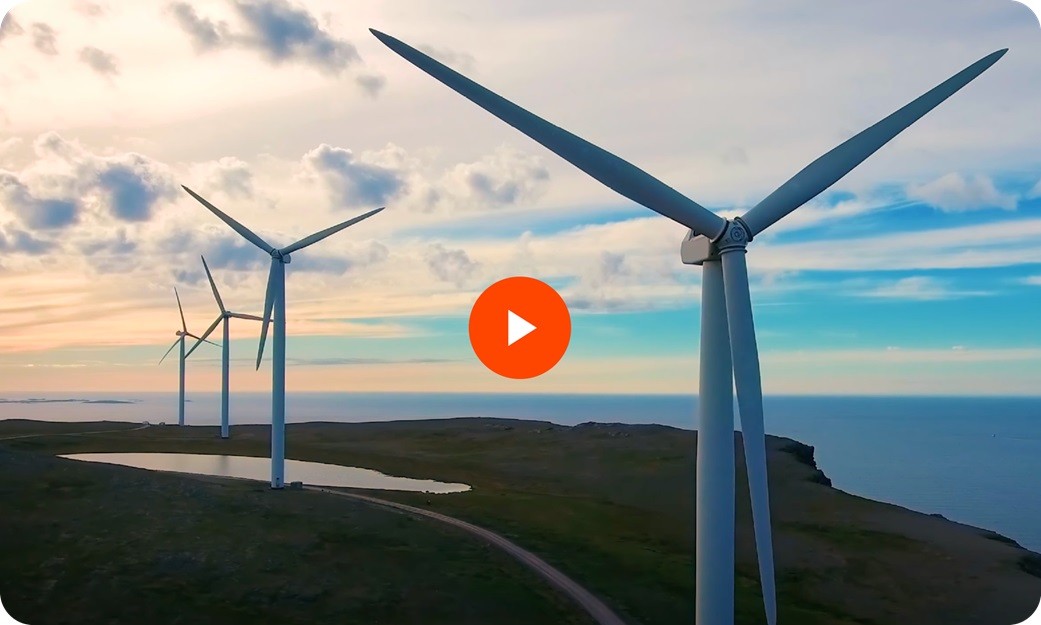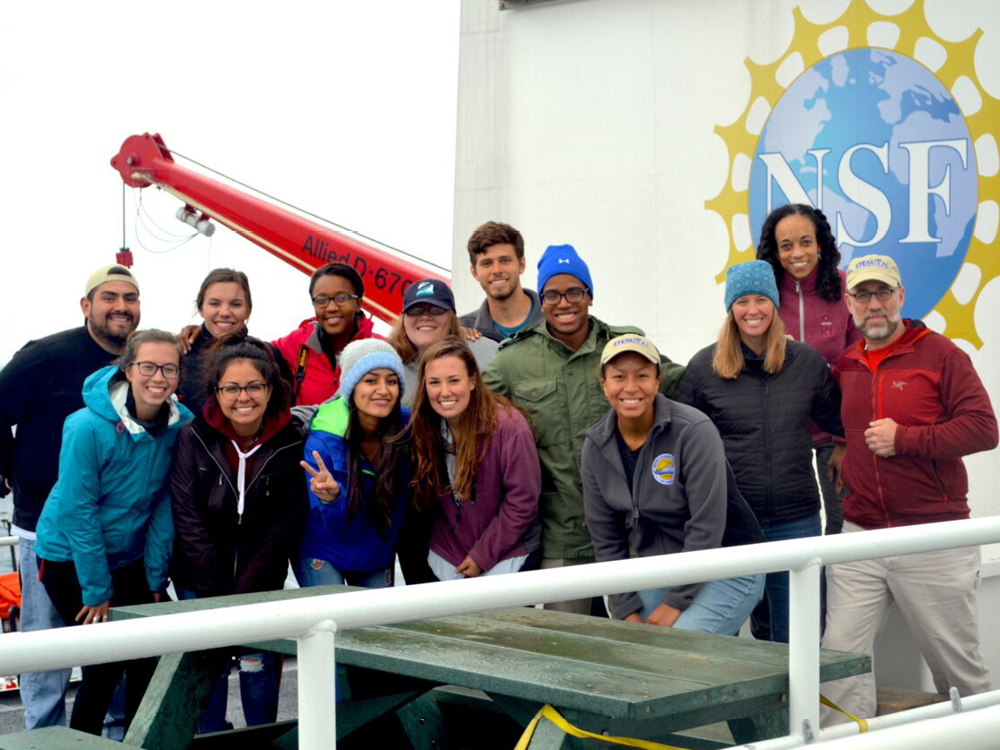The Master of Arts (MA) in Climate and Society is an interdisciplinary program that trains professionals and academics to understand and address the impacts of climate change and climate variability on society and the environment.
The MA in Climate and Society is a 35-credit interdisciplinary graduate program that trains professionals and academics to understand and address the impacts of climate variability and change on society and the environment. Through classes and research, students gain knowledge in the physical and social sciences, and the humanities, as they relate to climate.
The MA in Climate and Society is designed to help professionals and academics understand the science of climate change and how to use it to help humanity thrive in the 21st century. The program prepares students to understand complex scientific information, the risks a shifting climate poses, and climate mitigation and adaptation solutions.
Graduates from the MA in Climate and Society work at the nexus of social science, physical science, and public policy.
Climate Core Curriculum
The program’s climate core curriculum centers on the scientific understanding of climate, quantitative methods, mitigation pathways, adaptation strategies, justice frameworks, and societal impacts. Below are short descriptions of each core course.
Climate Justice: Theory, Practice, and Policy delves into climate justice by examining the ways climate change disproportionately affects historically marginalized communities. It focuses on understanding the social, political, and economic drivers of this inequality and how they shape communities' ability to adapt. Drawing on research, policy, and advocacy, students will analyze how climate impacts intersect with issues of social justice. Through discussions, readings, and exercises, students will develop critical thinking, collaboration, and self-reflection skills while exploring equitable solutions to climate change.
The History of the Climate Crisis considers the historical, social, ethical, and political life of global warming in an effort to better understand the present climate age. Themes and topics include: the origins of fossil fuel-based energy systems and the cultural life of oil; the history of climate science and the geopolitics of climate knowledge production; the emergence of climate change as a global political issue; debates about political responses to climate change versus market-based approaches; the question of culpability and who should be held responsible for causing global warming; and the recent emergence of a global climate justice movement and its relationship to racial justice and indigenous rights movements.
Climate Change Mitigation focuses on tools and strategies to address climate change and provides a broad survey of technologies, policies, and market structures that can mitigate greenhouse gas emissions. Through scenario planning, students will explore decarbonization pathways across economies, considering both technical and behavioral changes necessary for net-zero transitions. Case studies from low-, middle-, and high-income countries will illustrate the complexities of climate mitigation, including risks and opportunities. The course's interdisciplinary nature blends STEM and social sciences to focus on the practical application of these tools in real-world scenarios and explores both the end goals of net zero and the transition needed to achieve them.
Climate Change Adaptation examines climate adaptation policy through an interdisciplinary lens, focusing on how international development and disaster risk management contribute to resilience in the face of climate change. Students will explore global inequities and how these shape vulnerability to climate risks. By analyzing case studies, students will gain insight into effective governance strategies for climate adaptation. The course emphasizes active participation and the practical application of key concepts, equipping students with the analytical tools needed to assess climate resilience and sustainable development efforts globally.
Dynamics of Climate Variability and Change provides an in-depth study of how climate science links to societal impacts, with a focus on understanding the physical mechanisms that govern the climate system. Students will learn to interpret climate forecasts, understand the uncertainties involved, and critically assess the suitability of different types of climate information for societal questions. The course also emphasizes the importance of communication, teaching students to clearly articulate climate-related issues to a variety of audiences. By the end of the course, students will be able to engage fluently in discussions about climate variability, change, and their societal implications.
Quantitative Models for Climate Applications provides the quantitative skills needed for analyzing climate datasets and evidence-based decision-making under uncertain climate conditions. The class covers basic statistics and probability theory and an introduction to more complicated subjects like extreme value theory, multiple regression, and geospatial analyses. The lab component serves to provide hands-on experience working with climate datasets and skills applications, including the use of the R-programming language.
Electives
In addition to core courses, MA in Climate and Society students take a minimum of four electives that allow students to apply their climate knowledge to other subjects and tailor the program to their interests.
These electives can be taken in the Climate School or at other Columbia graduate schools.
Practical and Applied Experiences
Students entering fall 2025 and forward gain practical skills and experience during the final semester by completing a culminating capstone. Students entering prior to fall 2025 should refer to their student handbook and degree requirements described there.
MA in Climate and Society alumni carry a deep understanding of the climate system and societal impacts that can be translated to professional experiences across the public, private, and NGO sectors. Together, our alumni network is at the forefront of helping society address climate change in a just and equitable way.
Career Management
The Career Management Office supports Climate School students as they prepare for and obtain professional opportunities. From enrollment to employment, staff are here to provide students with the following services and programming:
- Coaching
- Resume and cover letter review
- Mock interviews
- Alumni mentorship program
- Student-alumni networking events
- Employer info sessions
- An exclusive responsive job board
These resources contribute to the growth and development of each student. Career management staff are also continually forging strategic industry partnerships so that students are exposed to a broad range of opportunities in climate.
Curriculum at a Glance

Current students will find the curriculum for the 2024-2025 academic year on the MA in Climate & Society website.






